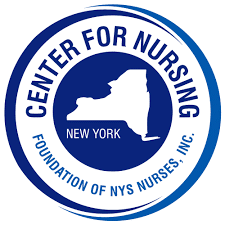Description: To improve patient outcomes and meet the challenges of the U.S. health care system, the Institute of Medicine recommends higher educational attainment for the nursing workforce. Characteristics of registered nurses (RNs) who pursue additional education are poorly understood, and this information is critical to planning long-term strategies for U.S. nursing education. To identify factors predicting enrollment and completion of an additional degree among those with an associate or bachelor’s as their pre-RN licensure degree, we performed logistic regression analysis on data from an ongoing nationally representative panel study following the career trajectories of newly licensed RNs. For associate degree RNs, predictors of obtaining a bachelor’s degree are the following: being Black, living in a rural area, nonnursing work experience, higher positive affectivity, higher work motivation, working in the intensive care unit, and working the day shift. For bachelor’s RNs, predictors of completing a master’s degree are the following: being Black, nonnursing work experience, holding more than one job, working the day shift, working voluntary overtime, lower intent to stay at current employer, and higher work motivation. Mobilizing the nurse workforce toward higher education requires integrated efforts from policy makers, philanthropists, employers, and educators to mitigate the barriers to continuing education.
